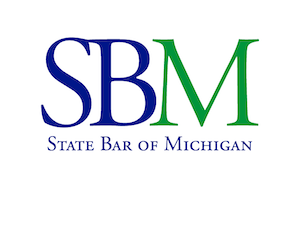- Contact Us Now: 615-510-4000 Start Your Defense
Estate Planning Provides Peace of Mind
As seen April 24, 2023, in The Tennessean.
When families show up in my office after a loved one has passed away or become incapacitated, it is usually a tough time for everyone involved. However, if they haven’t planned for this moment, then there’s a chance that I can do little to help them. After death or incapacitation, it’s too late for individuals to make their wishes known. As one of less than 30 certified estate planning law specialists in Tennessee, I, unfortunately, witness this circumstance far too often.
It compels me to address the question, as more and more Americans are amassing wealth, why do so many people neglect to protect their assets, health, and legacy with proper estate planning? There are a few reasons that seem to emerge time and time again as perceived obstacles to taking these critical steps. I believe lack of knowledge, contemplation of a daunting process, and confronting the concept of mortality are the biggest hindrances most people face. But I’d like to encourage those hesitant to start the process; a thoughtful estate plan can yield invaluable peace of mind for individuals and their families.
Get the knowledge
Estate planning may sound like a fancy phrase only meant for “rich” people. That’s not the case. It’s for anyone over 18 (people with multiple marriages, single adults, people with children, the whole gamut). Tennessee already has default rules for everyone, regardless of social status or income level. However, the State’s laws may not align with an individual’s desires. That’s when planning becomes a tool to ensure your wishes are met and hopefully helps avoid the horror stories of families fighting or being burdened with unnecessary drama during an already stressful time.
I encourage my clients to look at estate planning in two categories: Life documents and death documents. Life documents include powers of attorney for finance, healthcare, and healthcare directives. These documents empower clients to pick who will step in when incapacitated to handle their finances and oversee their care on their terms. Death documents are wills and trusts that allow people to direct who, when, and how their assets are allocated amongst their loved ones after their passing.
Understand the Value of Your “Things”
Many people believe they “don’t have a lot,” but often are surprised when they take a complete inventory of the number of assets they possess. Valuables like houses or bank accounts are not the only assets an individual’s passing impacts. A person’s tangible personal property carries sentimental value because those belongings remind surviving family and friends of the lost loved one. Even small gifts can have a massive impact on grieving friends or family members.
Confront Your Mortality
We all know we won’t live forever, but planning for issues surrounding illness and death forces us to think about our mortality. Most of us don’t like doing that. But the probability of it happening is 100 percent! So, I would like to appeal to everyone to handle this critical matter without delay. Don’t be intimidated by the process. Hiring an attorney can seem daunting or unaffordable. However, a professional can provide the needed expertise and make the process less stressful. If necessary, explore other alternatives; there are also “do-it-yourself” options available. I firmly believe that doing something to prepare for the inevitable is always better than doing nothing.











